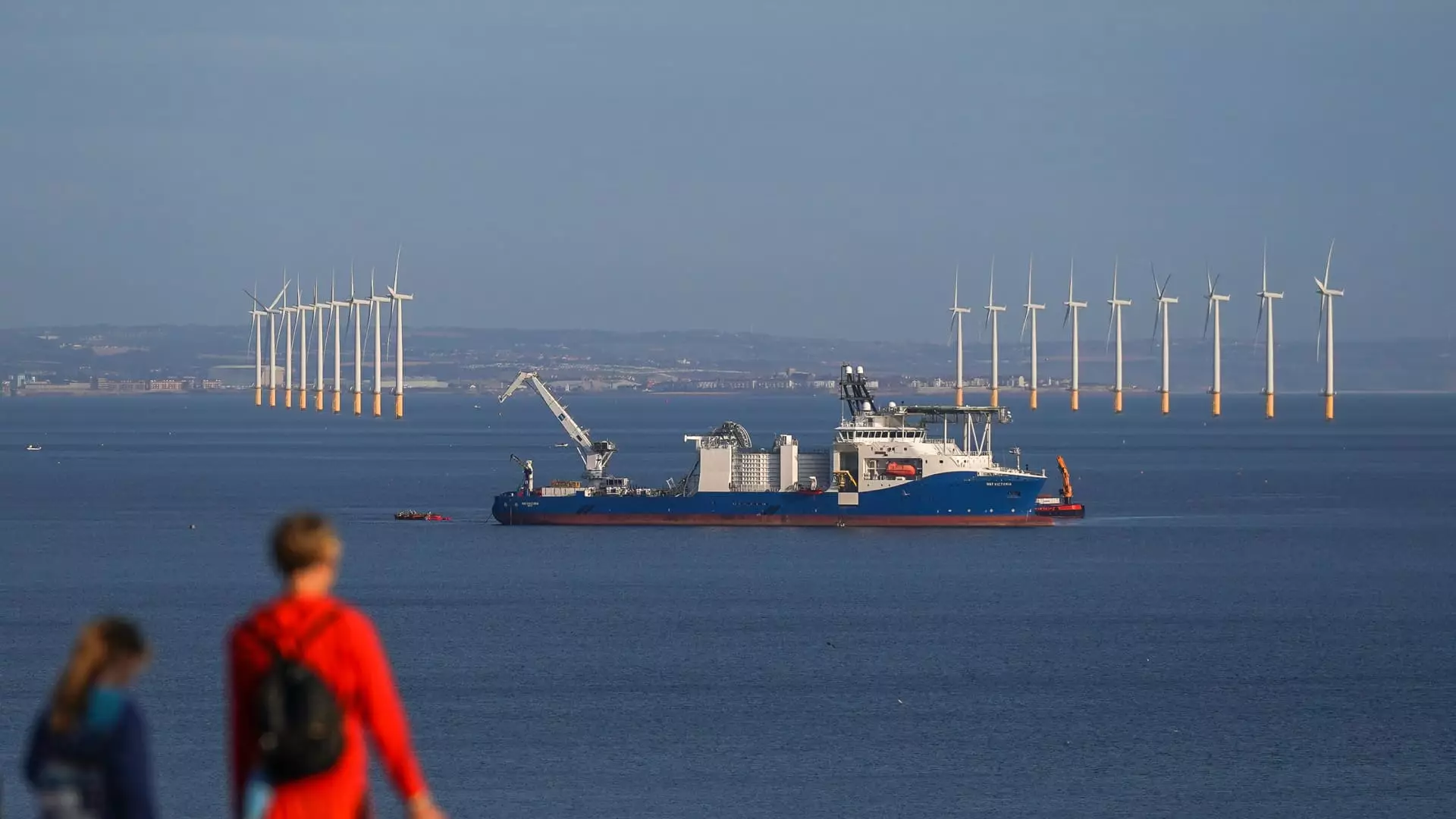The recent comments from U.S. President-elect Donald Trump regarding the United Kingdom’s energy taxation strategy have sparked considerable debate. His accusation that the Labour government is mismanaging the North Sea resources by imposing a punitive windfall tax raises pertinent questions about the effectiveness and implications of current energy policies. Trump’s outcry—to “open up” the North Sea and eliminate windmills—reflects a long-standing skepticism towards renewable energy initiatives in favor of traditional oil and gas extraction. This discourse begs a deeper examination of the broader implications for energy production and environmental commitments.
Trump’s remarks were sparked by APA Corporation’s subsidiary, Apache, announcing its intention to cease operations in the North Sea by 2029, attributing this decision to the unfavorable economic conditions created by the UK’s Energy Profits Levy (EPL). This tax hike from 35% to 38% aims to generate revenue that would be redirected to the country’s transition from fossil fuels, a crucial step toward enhancing energy security and independence. The juxtaposition of Trump’s capitalist viewpoint against the Labour government’s substantial environmental policy showcases a contentious clash of ideologies.
The rationale behind the EPL is to ensure that companies benefiting from high oil and gas prices contribute fairly to the public purse. While critics like Trump argue that such tax policies deter investment and stifle production, proponents insist that this is a necessary adjustment to foster a sustainable energy transition. The potential economic ramifications for energy companies operating in the North Sea are substantial, with rising operational costs and regulatory burdens creating challenges that could lead to further withdrawals from the region.
The North Sea is valued not only for its historical contributions to fossil fuel production but also for its potential in renewable energy, particularly offshore wind. Several European nations are collaborating to transform the North Sea into a major hub for green energy. However, there is a palpable tension between advancing renewable projects and maintaining legacy fossil fuel operations. While the Labour government’s strategy aims to pivot toward green energy, Trump’s call for deregulation suggests a potential regression to less sustainable energy practices, igniting discussions on the ideal balance between economic growth and environmental stewardship.
Major players in the UK energy sector, such as Shell, Harbour Energy, and BP, have remained largely silent in response to Trump’s provocations. This reluctance to engage may indicate a preference for strategic discretion amid volatile international energy markets. As the offshore wind industry faces challenges, including rising costs and supply chain disruptions, the future of North Sea energy production—even amid political critiques—will depend significantly on how effectively the UK balances tax policies with the need for sustainable energy leadership.
Ultimately, the clash between Trump’s traditional fossil fuel advocacy and the UK Labour government’s progressive energy policies highlights the critical need for a calculated approach to energy management. As nations navigate the complexities of energy independence, economic viability, and environmental responsibility, the North Sea’s future remains uncertain. Striking a balance could prove essential for ensuring not only Britain’s energy security but also its commitment to a greener future. As discussions continue, stakeholders must engage in a thoughtful dialogue to reconcile these differing perspectives.

